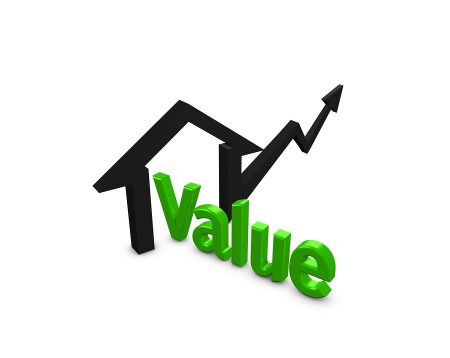Jobs that include a payout with pension are becoming increasingly rare in Canada. Gone are the days of slowly working your way to the top of a company and retiring with a secure pension. Most Canadians will change their careers at 5-7 times in their lifetimes, and the mega trends of technology and economics means that entire fields can disappear in the matter of a few years.
What does this mean? It means that many Canadians are relying on their basic CPP and RRSP savings to face their retirement years. Financial markets can be more risk than some people can stomach, so what is another option? Welcome to the world of real estate.
While it can seem daunting to save up the 5% for your first home, using your home equity can be a great way to build up the downpayment for your next home. Rather than selling your first home outright, use the trick that many real-estate agents and property developers know well to get ahead.
Here’s how to build your real estate portfolio for long term economic stability
In order to purchase an investment property you need a whopping 20% investment. However you only need 5% for your first home, and that’s more easily attainable for many people.
When purchasing and moving into your second home and renting out your first home, you can not only use the added rental income, you can achieve the down payment of less than 20%.
Here’s how.
- Purchase your first home with 5% down. If possible try to find something within a price range that does not max out your monthly budget.
- Start saving any extra amounts you can to put towards an eventual second down payment on a second property.
- When you develop some equity in your home (either through paying down the mortgage, or a rise in home values or both), use that in conjunction with your down payment savings as a purchase on another home
- When you purchase your next home, make that new home your primary residence so you won’t have to come up with the 20% for an investment property
- Rent out your old home, and move into the new one.
- Rinse and repeat! If you can manage doing this every five years, you could build a portfolio of 3-4 houses before retirement.
This is an age-old recipe that most real estate investors have used for years to get around the larger down payments.
Things to keep in mind about real estate investment as a retirement portfolio strategy
- While you are living in your home, any growth in it’s investment is tax-free.
- If you sell one of your investment properties you will have to pay capital gains.
- You will also be expected to pay tax on any rental income for homes you are not living in.
- If you want to be able to put as little as 5% down, you need to buy a property for $500,000 or less. Anything above that amount will be 5% of the first $500,000 of the purchase price, and 10% for the portion of the purchase price above $500,000 up to $999,000. For properties of 1 million or more, you will be expected to have 20% down.
- Owning several properties means having more things that can go wrong. If you aren’t handy, or don’t enjoy home upkeep, then maybe this route isn’t for you. Or, you could choose lower upkeep places like apartments or condos instead of freestanding houses.
- If you don’t enjoy running rental properties, find a good property management company and build that into your budget.
Building a real estate portfolio is not for everyone, but it can be a great way to create retirement income if more traditional avenues are not available.



